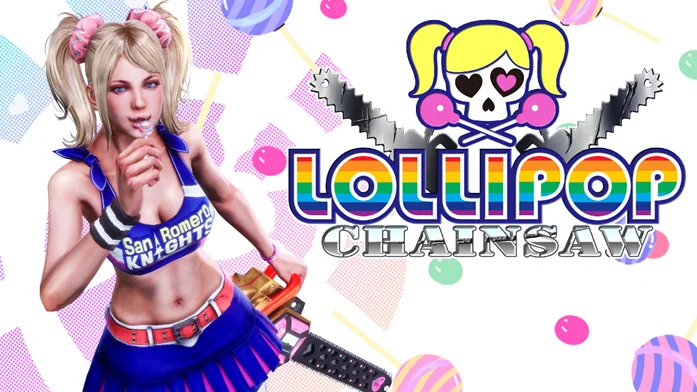In an unexpected twist, the revival of Lollipop Chainsaw has taken a downturn even before its anticipated release. Announced less than twenty-four hours ago, the game has become mired in controversy due to the developer’s anti-DEI (Diversity, Equity, and Inclusion) statement. Given the franchise’s reputation for irreverence, this backlash may not have been entirely unforeseen, but it raises important questions about the creative direction of this beloved title.
The contentious message originated from Nada Holdings, one of the two companies collaborating to revitalize Lollipop Chainsaw. Add to this mix the announcement of a new game and an accompanying anime adaptation, and it becomes all the more perplexing that a political sentiment could hijack such a momentous occasion. The developers seem to have overlooked how swiftly their sentiments might overshadow the excitement surrounding the revival.
Lollipop Chainsaw Developer Hijacks Game and Anime Announcement with Seemingly-Random Anti-DEI Sentiment
The blog post from Nada Holdings does not attribute the statement to a specific writer, leading many to speculate about its origins. Some believe the post may have been co-opted by an individual with a political agenda, but until verified otherwise, it remains the company’s official stance. What’s clear is that this sentiment has become an unexpected focal point amidst the news surrounding the two new projects.
The exact wording from Nada Holdings was somewhat striking:
“The development process will prioritize staying true to the distinctive tone and spirit of the original work, without imposing excessive creative restrictions in the name of DEI.”
While one could argue that the intention to remain faithful to the original tone is commendable, associating that fidelity directly with a rejection of diversity muddles the message. The online backlash has been swift and, frankly, predictable, suggesting that many in the gaming community feel similarly unsettled by this initiative.
It’s puzzling why developers would wish to inject political commentary into such an announcement, especially with the burgeoning popularity of DEI programs in the industry. Following the Trump administration’s crackdown on diversity initiatives, many developers have turned supportive of such measures. The timing of this statement raises eyebrows and generates further confusion about the creative decisions guiding Lollipop Chainsaw’s revival.
New Lollipop Chainsaw Seems to Be Missing the Greatest Driving Force Behind the Original
At best, this statement seems out of touch. At worst, it could signify a shift towards appealing to a more divisive segment of the gaming community—something that developers have often pushed back against in the past. This announcement could represent a broader change in sentiment that warrants deeper consideration, especially given the legacy that Lollipop Chainsaw has built over the years.
A critical driving force behind the original game was none other than Suda51, often hailed as one of the premier auteurs in game design. Known for his distinctive style and creativity, Suda’s absence from the revival raises significant questions about its authenticity and vision. Moreover, James Gunn—another integral figure in the game’s original success—has moved on to become the CEO of DC Studios, making his involvement virtually impossible. As a result, the forthcoming projects risk losing the very essence that made Lollipop Chainsaw a cult classic.
This shift in creative oversight begs the question: can the new development team truly capture the original spirit without the minds that shaped it? Those nostalgic for the initial release may find themselves longing for the distinct flavor that Suda51 and Gunn brought to the table. The absence of their creative influence may become apparent as new iterations aim to navigate the increasingly polarized gaming landscape.



